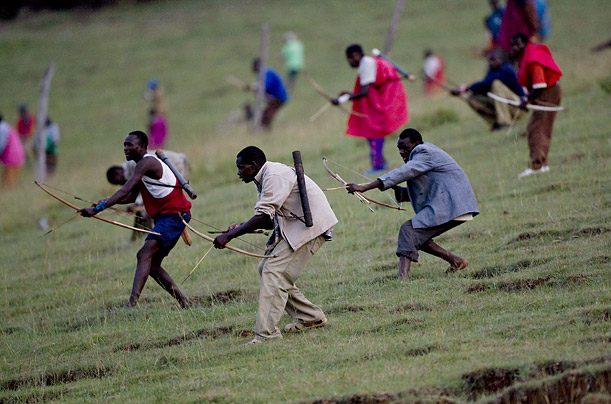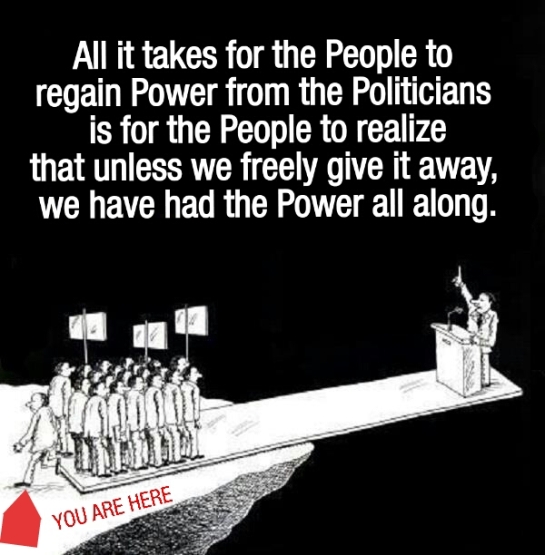By Ochieng Jimmy Oyugi
Elections in Kenya have always been determined by the muscle power and this has been detrimental to our cohesion as a society. Picture yourself in 1992 when Kenya was conducting the first multi-party elections. This was the first case where as a country we experienced widespread election-related violence – those in the Rift Valley who imagined siding with the opposition had violence unleashed on them to compel them to toe the line of then ruling party – Kenya African National Union (KANU). Muscle power reigned in terms of who had monopoly over violence.

As such citizens were prevented from exercising their democratic rights. These citizens who dwelt in the pre-digital Kenya were not aware of the different alternatives that they could use to have their say – if not their way. This was at a time when the only source information was the newspaper and to a certain extent the broadcast media which was under the control of the government of the day.
Read: Fallacies and fiction around which we have built Kenya
It was also at a time when ethnicity had become the central plank around which elections gravitated in Africa – Kenya was no different. It did not matter what the people wanted. What mattered was what the leader who enjoyed the support of any ethnic group wanted – the ethnic group simply swayed with its leaders. This situation would be replicated in the subsequent elections.

Fast-forward to the 2016 by-elections in Kenya and one realizes that as a country we have come a full circle. The muscle power has lost its glamour as the tool of choice to achieve a political end. The country went to by-elections in Malindi and Kericho after the president appointed to the cabinet the Member of Parliament and the Senator respectively. The assumption therein was that the appointments were sufficient to ensure the voters in the two electoral areas vote with the president’s party – Jubilee Alliance Party (JAP).
Read: The intrigues of Uhuru’s changes to the Cabinet
However, the events leading to the by-elections and the outcome of the by-elections demonstrated that the landscape on which power operates has changed. The muscle power no longer reigns supreme – you equally need other channels of power to convince more informed and connected individuals to listen to your case. These were conversation that were difficult to fathom in the era of mass media – the voter is slowly becoming the king in the arena of electoral politics in Kenya.
In Kericho, the president’s party had assumed that since it was their stronghold, the election was already in the bag even before the campaign period set in. However, mid-way to election-day it became evidently clear that the people had a different notion. A new and powerful form of social organization around elections had emerged with people who had hitherto been taken for granted holding their ground and demanding an ear from their leaders – their tool of choice was a protest vote against the raw deal the government had served them since getting into power in 2013. Their exposure to what was happening across the country and the world had empowered them that they could no longer be taken for granted. They had the ability to influence those in power.
With the president’s party sensing defeat in a home county, the vice-president, William Ruto, was forced to swallow his humble pie and call a meeting of all the leaders of the region to listen to their concerns as well as grievances. The leaders promised to support the party since the vice-president had apologized and committed to responding to the issues they raised. The pitch power was slowly eroding the utility of muscle power.
Read: Ruto apologises to Kericho residents for ‘abandoning them’
This is something which was unheard of, prior to the entry of the digital media. Voters were always expected to toe the line of their ethnic kingpin and could not voice their concerns. However, the entry of the digital media seems to have changed the game. The citizens know more and are no longer only dependent on handouts. This epitomizes the argument advanced by Moises Naim that “when people are more numerous and living fuller lives, they become more difficult to regiment and control.” They know their voice has power.

The vice-president was compelled to camp in Kericho and work on convincing the constituents to vote with the party in power. Of course, the pitch power cannot work on its own – the channels of power work in collaboration. The code and reward channels had to be brought to bear as well. The vice-president had to rely on the reverence elders are held in the Kalenjin community and enlist their support to turn the tide around. This was further solidified through the rewards the electorates were given as well as promised should the party’s candidate win the election.

In Malindi, it is alleged the president’s party spent over Ksh. 300 million to secure the seat. In the pre-2013 period, by-elections have always been won by the party in power – mostly on account of money spent. However, the trend seems to have changed in the post-2013 period, as money has ceased to be the only determiner of by-elections. The party in power has won only one of the by-elections in this period.
Read: We’ll hunt down Jubilee “thieves”, says Mvita MP
The money the party in power spent in the Malindi by-election failed to secure the seat as expected. Social media was awash with pictures and videos of members of JAP dishing out money to electorates on election-day. In some instances, money was given to voters so as to acquire their national identity cards which one must produce to be able to vote.
This was a clear case of a network of individuals who were determined to ensure transparency held sway in the elections. They organized themselves to ensure incidences of voter bribery were stopped around the polling stations. This organization would not have been possible were it not for the digital media.
The citizens used digital media tools (WhatsApp, Facebook, Twitter and Instagram) to stay ahead. The highlight of this operation was the arrest of the opposition party’s head of communication on trumped up charges so as to collapse the network. However, this did not work and the party in power lost the seat despite appointing to a cabinet position the previous Member of Parliament.
The reason behind this reflection is to demonstrate that it is possible for Kenyans to rise above ethnic bias in electing individuals into positions of power. While ethnicity has been a key denominator in determining who gets elected into power, the recent by-elections have demonstrated that it is possible to change the lenses through which we evaluate our leaders. Ethnicity may reign supreme at the moment but the more, mobility and mentality revolution is changing the cognitive ability of Kenyans and is slowly changing their perception on evaluating leaders. The process has been a bit tardy but it is slowly introducing fundamental changes.